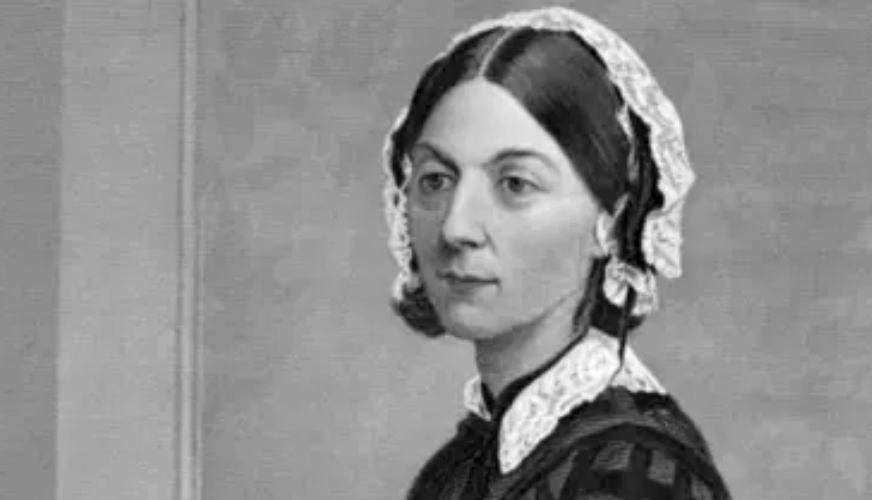The Pioneer of Modern Nursing and Her Lasting Legacy
Florence Nightingale (1820–1910) was a pioneering figure in nursing who is often considered the founder of modern nursing. She became famous for her work during the Crimean War, where she significantly improved the unsanitary conditions of the British base hospital, reducing the death count by two-thirds. Her dedication to patient care earned her the nickname "The Lady with the Lamp" because she would make rounds at night to tend to the wounded soldiers.
She established the first scientifically based nursing school, the Nightingale School of Nursing, at St. Thomas' Hospital in London in 1860. This marked the beginning of professional education and training for nurses.
She implemented sanitary reforms in hospitals and emphasized the importance of hygiene, nutrition, and fresh air for patient recovery, which dramatically improved patient outcomes.
“Beyond individual patient care, she advocated for public health improvements, including better sanitation practices and the establishment of public health policies.”
Florence Nightingale was also a pioneer in the use of statistical analysis to improve healthcare. She used her data to convince government officials and other stakeholders of the need for reform in the healthcare system.
Florence Nightingale's legacy inspires nurses globally. Many awards, schools, and health organizations bear her name. International Nurses Day, celebrated on her birthday, May 12th, honors nurses' contributions. Her example emphasizes dedication, compassion, and lifelong learning in nursing.


